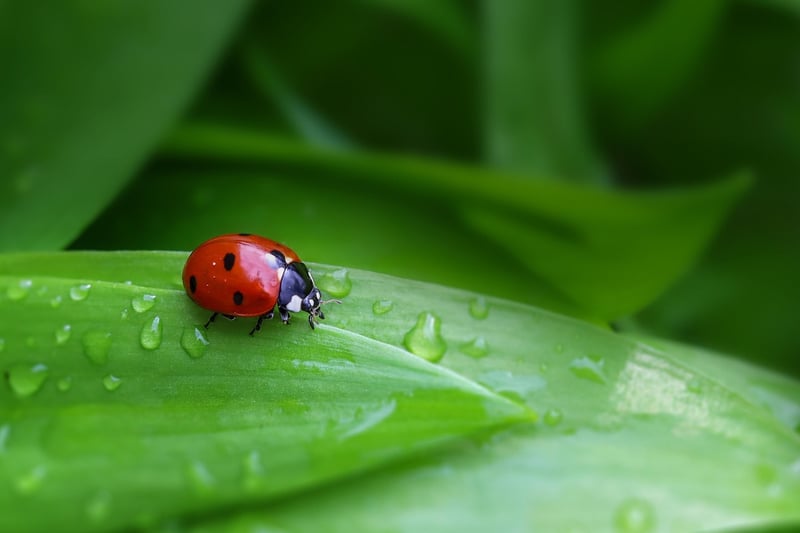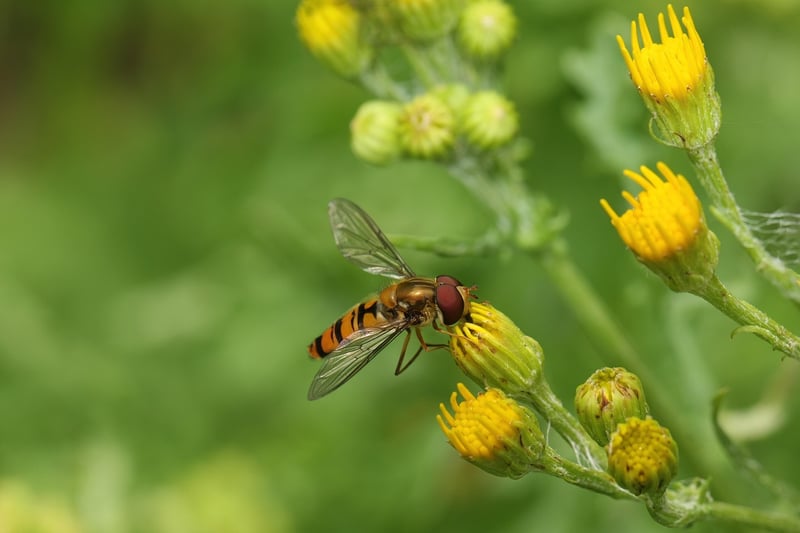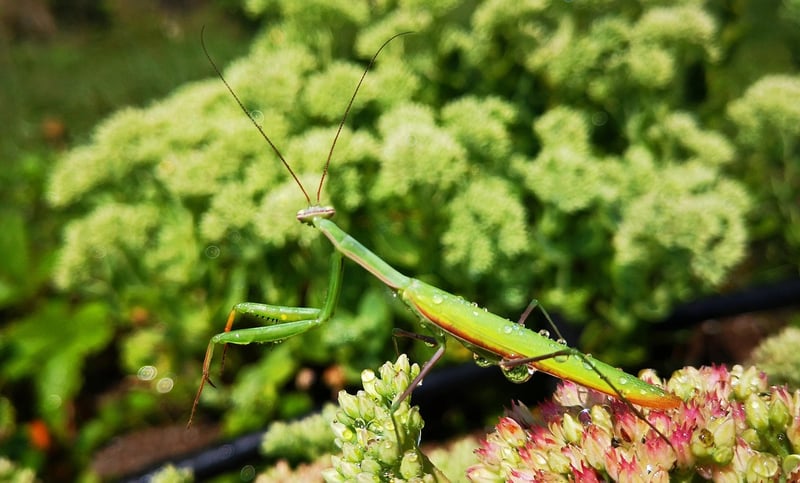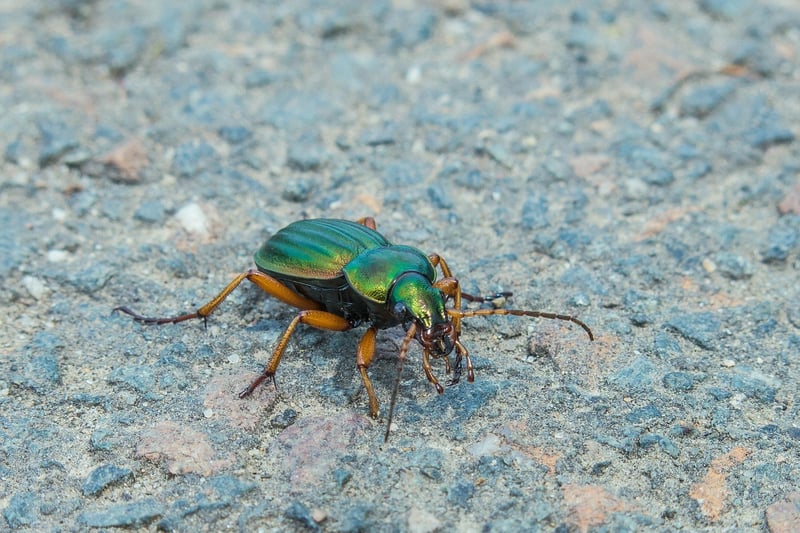Beneficial Insects
Protecting Your Plants with Beneficial Insects
When it comes to keeping your garden healthy and thriving, using beneficial insects is a natural and effective way to control pests and protect your plants. These tiny allies can help maintain the balance in your garden ecosystem, reducing the need for harmful chemical pesticides. Let's explore how you can attract and utilize beneficial insects to safeguard your plants.
1. Ladybugs
Ladybugs are well-known beneficial insects that feed on aphids, mealybugs, and other soft-bodied pests that can damage your plants. You can attract these colorful insects by planting dill, fennel, and dandelions in your garden.

2. Lacewings
Lacewings are voracious predators of aphids, caterpillars, and other insect pests. To attract lacewings, you can plant angelica, cosmos, and coreopsis. These delicate insects will help keep your plants pest-free.

3. Hoverflies
Hoverflies, also known as flower flies, are excellent pollinators and their larvae feed on aphids, thrips, and other pests. Planting a variety of nectar-rich flowers like marigolds, sunflowers, and alyssum will attract hoverflies to your garden.

4. Praying Mantis
Praying mantises are formidable predators that consume a wide range of garden pests, including beetles, caterpillars, and grasshoppers. You can attract these beneficial insects by providing them with a habitat that includes tall grasses and shrubs.

5. Ground Beetles
Ground beetles are nocturnal predators that feed on slugs, snails, and other pests that emerge at night. Creating a diverse habitat with mulch and leaf litter will attract ground beetles to your garden, where they will help protect your plants.

By welcoming these beneficial insects into your garden, you can reduce the need for chemical pesticides and promote a healthy, balanced ecosystem where your plants can thrive. So, next time you spot a ladybug or lacewing in your garden, remember that they are nature's helpers working to protect your plants!
Remember, a diverse garden with a variety of plants will attract a wide range of beneficial insects, creating a harmonious environment where pests are kept in check naturally. Embrace these tiny allies and watch your garden flourish!
